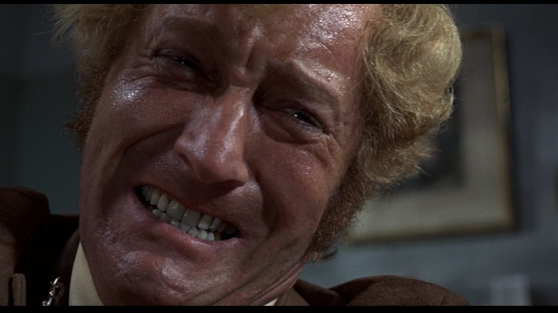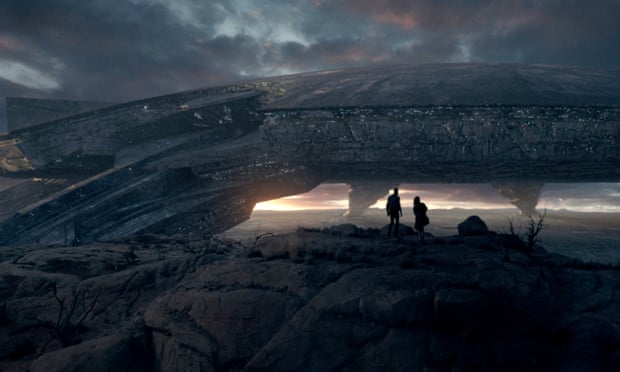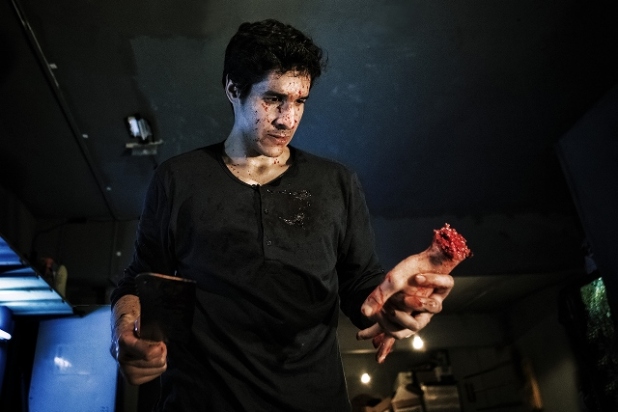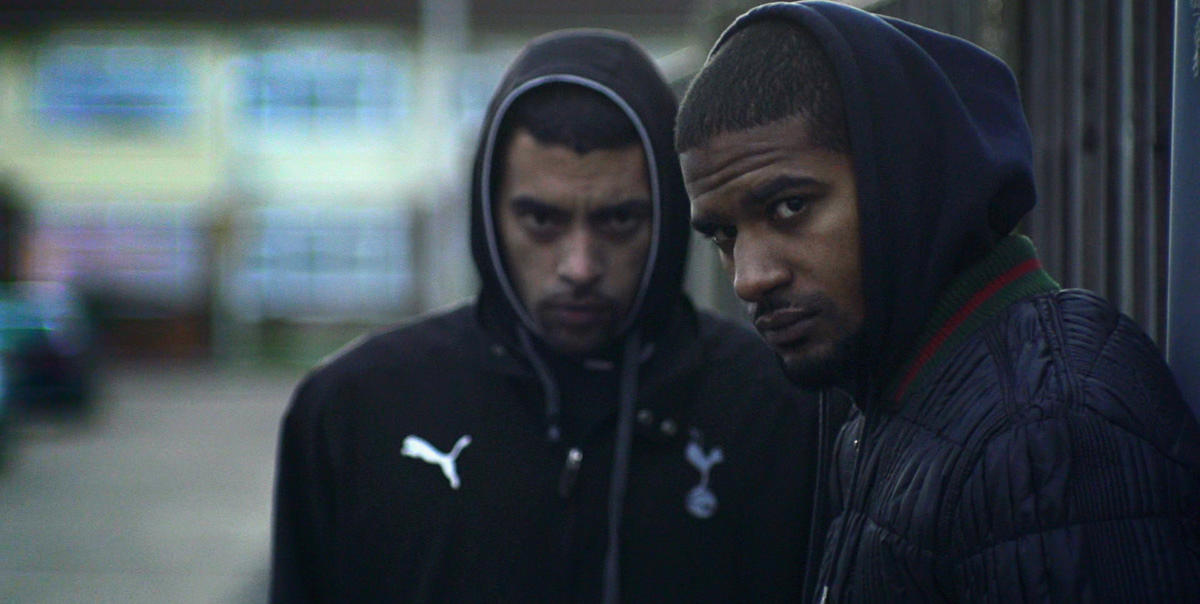Disney's outstanding run of form continues. Zootropolis is, among other achievements, the studio's animated contribution to the young-woman-makes-it-in-the-big-city cycle that has recently given us such zeitgeisty, much-parsed texts as Girls and The Unbreakable Kimmy Schmidt on TV and Frances Ha in cinemas - the key difference being that its heroine is a bunny making her way as a rookie cop within a city populated entirely by non-human mammals. (You go with it.) Officer Judy Hopps' hunt for an otter who's become the subject of a missing persons inquiry allows the Wreck-It Ralph team of Rich Moore and Byron Howard to nudge a variety of fluffy critters through a busy, semi-recognisable urban environment that encompasses both an investment bank named Lemming Brothers and the footwear outlet Hoof Locker, and where the characters check in via an app called Muzzle Time.
It soon becomes clear that this world isn't so very far from our own; that Moore and Howard are using the distinct interspecies tensions present on these streets to comment on real world racial and sexual matters. Hopps is forever being looked down on for her diminutive stature, and there's an especially sorry situation down at City Hall, where Mayor Lionheart has his sheepish female assistant clamped firmly beneath his paw. Yet the script keeps checking its PC impulses (which could have generated something regrettably pious and dull) with a repository of socked-over, top-drawer gags: the film is unusually enlightened megaplex fare, yes, but - best of all - it's funny with it, whether smartmouthing (Hopps on her extended family: "we're good at multiplying"), setting up finessed, Nick Park-ish sight gags, or simply indulging an extended skit involving animal nudity where the thing we're laughing at isn't actually on screen, but rather unspooling in the viewer's head. (At last, a Disney movie addresses Donald Duck's decision to wear a shirt but no trousers - although the scene also refers back to all those live-action shows and movies in which boundary-pushing female cops are confronted/embarrassed by naked male flesh.)
That earlier word "nudge" is the key here, however. Zootropolis is, in the main, as gentle in tone and pace as the late afternoon sunlight this city is suffused in; it packs a lot in, without ever having to rush or strain, which instantly elevates Moore and Howard's work over those over-cranked, machine-tooled animations that have been doing the rounds of late. These directors get away with slowing the action down to a virtual standstill for the film's choicest gag, when Officer Judy encounters the sloths manning the counter at the Zootropolis DMV. Here timing is once more proven to be the secret of comedy - though the gag gets additional chuckles of recognition: we've all been stuck in queues like this. And so, after a rocky first couple of years, the separation of Disney church from Pixar state has proven to be a very good thing indeed, each set of animators pushing the other, each attempting to show their rivals what they can do. Zootropolis operates in the long, tall shadow of Inside Out, a more forceful, emotional, funny-profound rendering of a specific existential condition. (How could you top that?) Yet it proceeds with wit and invention, subtexts up the wazoo, and the kind of message you instinctively feel the movies should be exposing our children to: though you may be small in form, don't let that stop your dreams from being as big as your heart, or a city entire.
Zootropolis is now available through Walt Disney Studios Home Entertainment.
That earlier word "nudge" is the key here, however. Zootropolis is, in the main, as gentle in tone and pace as the late afternoon sunlight this city is suffused in; it packs a lot in, without ever having to rush or strain, which instantly elevates Moore and Howard's work over those over-cranked, machine-tooled animations that have been doing the rounds of late. These directors get away with slowing the action down to a virtual standstill for the film's choicest gag, when Officer Judy encounters the sloths manning the counter at the Zootropolis DMV. Here timing is once more proven to be the secret of comedy - though the gag gets additional chuckles of recognition: we've all been stuck in queues like this. And so, after a rocky first couple of years, the separation of Disney church from Pixar state has proven to be a very good thing indeed, each set of animators pushing the other, each attempting to show their rivals what they can do. Zootropolis operates in the long, tall shadow of Inside Out, a more forceful, emotional, funny-profound rendering of a specific existential condition. (How could you top that?) Yet it proceeds with wit and invention, subtexts up the wazoo, and the kind of message you instinctively feel the movies should be exposing our children to: though you may be small in form, don't let that stop your dreams from being as big as your heart, or a city entire.
Zootropolis is now available through Walt Disney Studios Home Entertainment.












